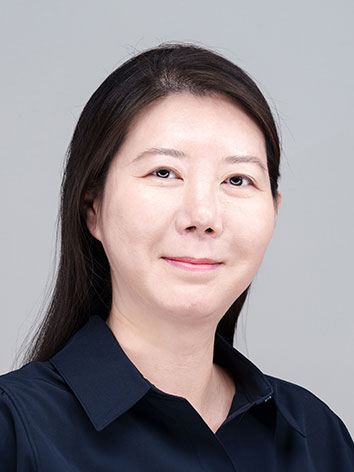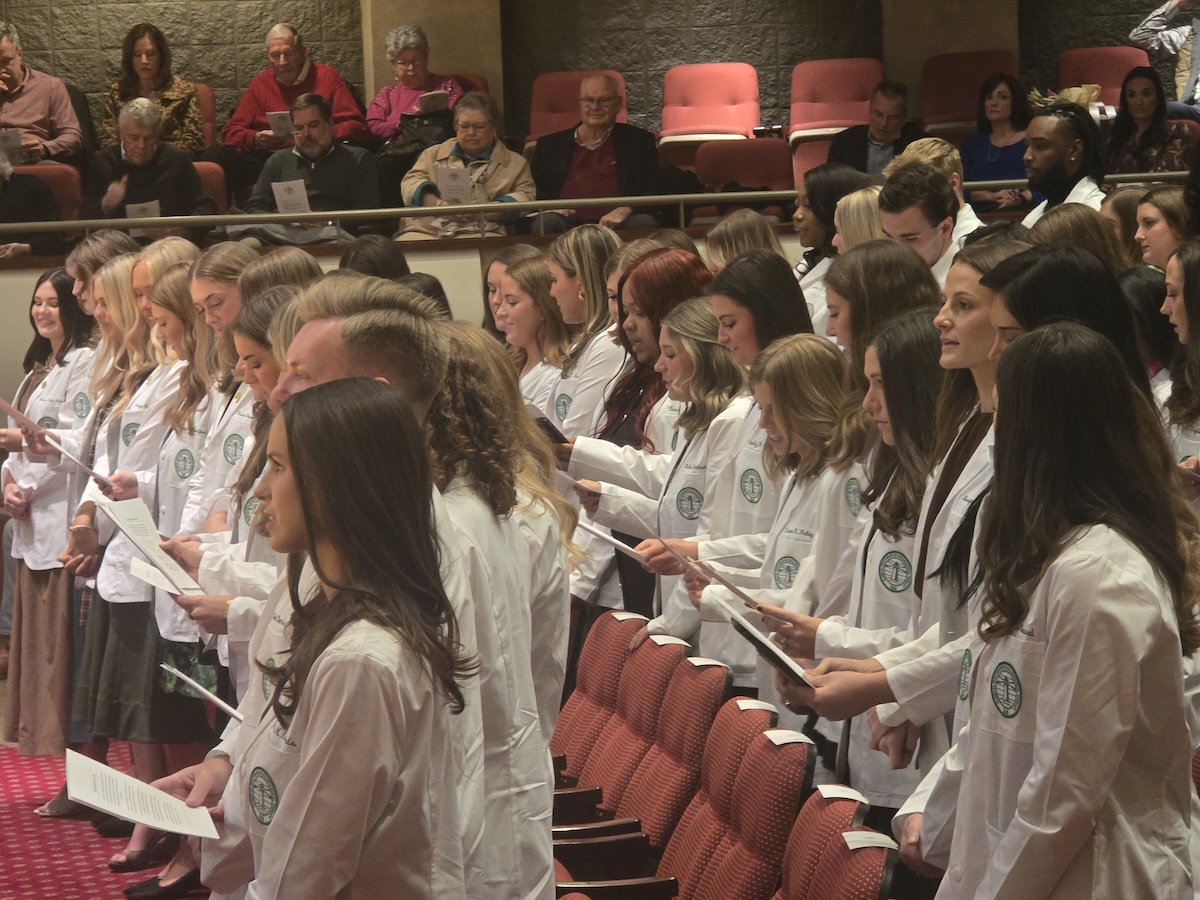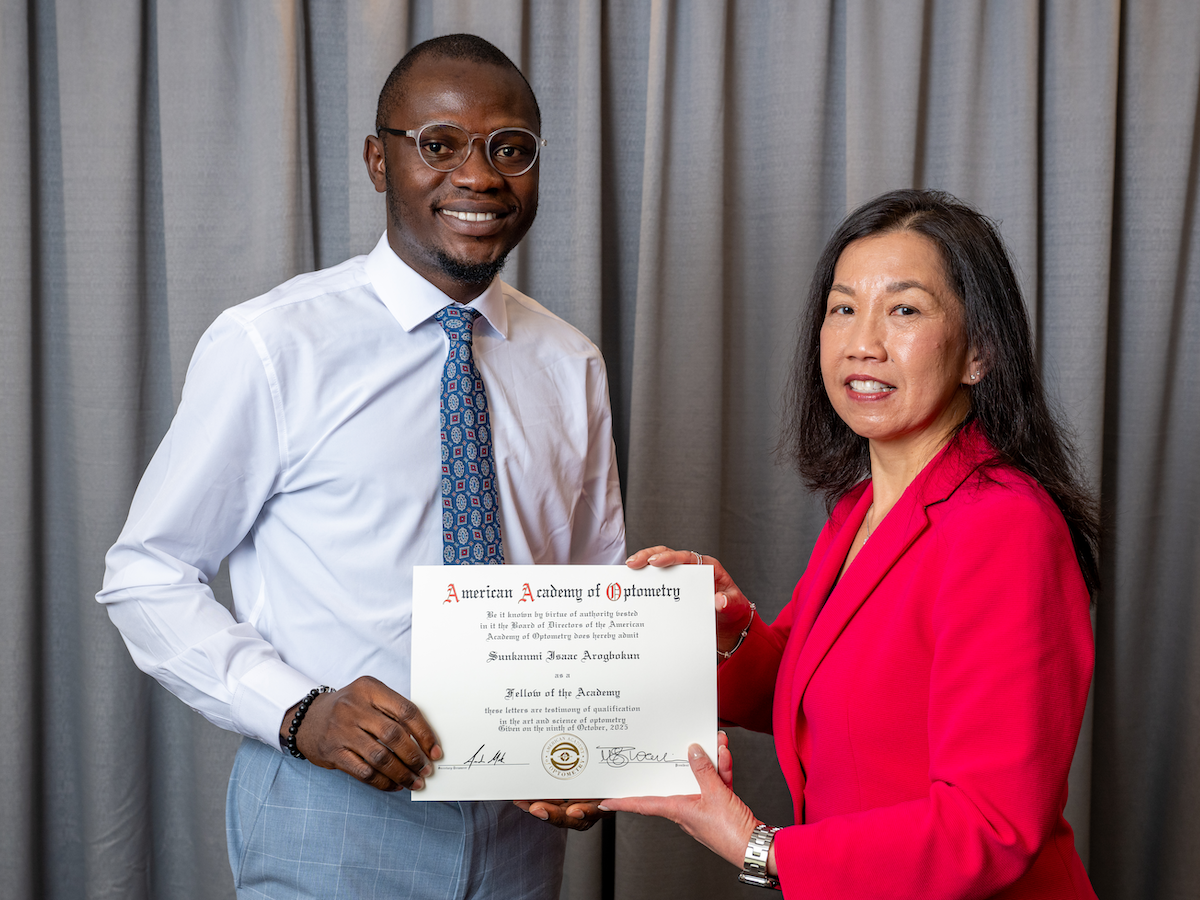 Dr. Yumi KimDr. Yumi Kim was on track to go into the real world with a business degree in hand, but a fall from the eighth floor of an apartment building set her on a path of recovery and a new career.
Dr. Yumi KimDr. Yumi Kim was on track to go into the real world with a business degree in hand, but a fall from the eighth floor of an apartment building set her on a path of recovery and a new career.
Kim, who is currently a post-doctoral student in the UAB Department of Physical Medicine and Rehabilitation, was a semester away from graduating when the fall at an apartment put her in the hospital for a year of surgeries and rehabilitation. However, she loved her physical therapy and caretakers at the hospital so much that she decided to pursue long-term rehabilitation care following her recovery.
Education opportunities in physical therapy in her native South Korea were limited, so she left for the United States to pursue a Kinesiology bachelor’s degree from California State University, Northridge, where she furthered her interest in the research side of rehabilitation.
“The part that I really liked was the impact of the research,” she said. “I don’t know how many people I can help [through in-person, one-on-one care] – maybe 40 people per week. But, if I do outstanding research and find something amazing, it can impact tens of thousands of people around the world at the same time.”
Kim had an opportunity to learn more about UAB and Dr. Jim Rimmer’s innovative work and vision in the field by following her senior mentor at CSU-Northridge, Dr. Byron Lai. She received her doctorate from the department of rehabilitation science’s program at the UAB School of Health Professions.
Kim’s dissertation was three-pronged: a meta-analysis review and two additional studies (secondary analysis and qualitative interview) where she leveraged the data from a recently completed large, pragmatic randomized controlled trial, referred to as Tele-Exercise and Multiple Sclerosis Study [TEAMS]. She sought to provide an optimized tele-exercise intervention design for people with MS that improved on the approach of TEAMS.
“The overarching goal was, what factors affect people and cause them not to participate? and let’s try to find a new way to design future interventions,” Kim said.
Kim said the adaptive intervention design is a growing field of research because of a need to improve study subject participation and retention.
“The broad idea is that everyone goes through the same typical training as we usually do, but at the end of one phase of the study, let’s figure out who’s adhering versus who’s not, and then we can roll over to another phase of the study,” Kim said.
She recently won third place in the poster competition at the American Congress of Rehabilitation Medicine, ACRM, for her “Qualitative Exploration of Tele-Exercise Program to Inform Adaptive Intervention Design for Adults with Multiple Sclerosis.”
This was the third study as part of her dissertation. Through a semi-structured, one-on-one interview, she asked TEAMS study participants about their experiences and perceptions in the tele-exercise study.
The findings of the study yielded several future recommendations. Participants thought the exercise regimen was great because it was tailored for people with MS, and they appreciated being able to do the exercises from home.
One takeaway from the interviews for the area of improvement was that while some participants thought the exercises were too easy, others thought they were too strenuous. Also, participants wanted more interaction and feedback from study staff in addition to the current level of interaction and a robocalling system that the study implemented. Participants liked the feature but reported that an average frequency of three weeks would be ideal for personal interaction. Further, participants also wanted more follow-up materials to the study, such as progress reports, exercise videos, or summary videos.
“The one thing that everyone was talking about was, ‘Hopefully, we can talk with the study staff and modify the program based on my need and functional ability,’” Kim said. “All those stories together told us people are looking for more flexible, individually tailored programs that can meet their needs throughout the program.”

